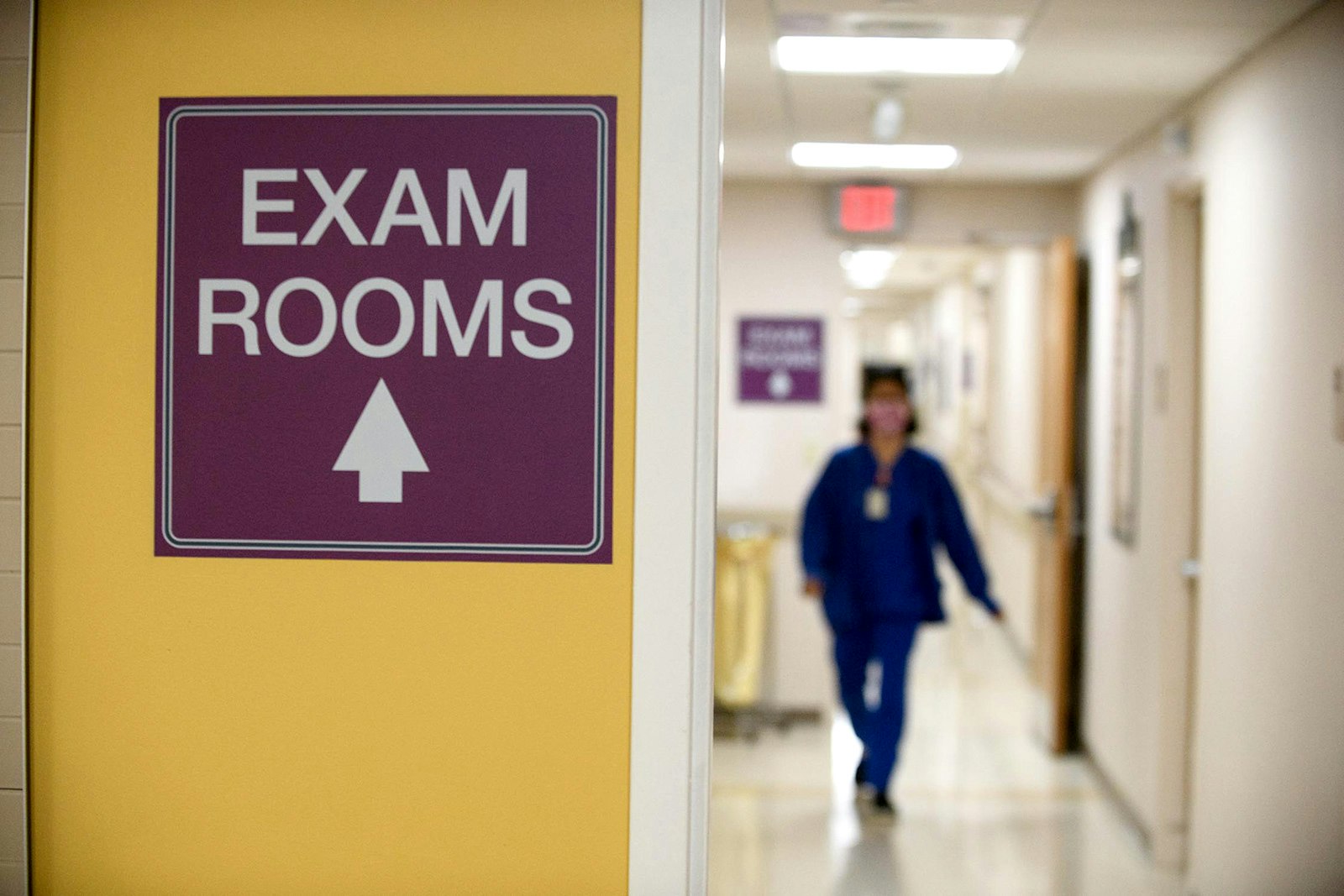Most cancer is sporadic — occurring incidentally and when there is no family history of cancer. Sporadic cancer happens over time and is caused by acquired changes in a gene, meaning that the change in the gene developed at some point after birth and was not passed from a parent. Those acquired gene changes are believed to be caused by things that increase the risk of cancer, such as exposure to radiation, nicotine, alcohol, exposure to known carcinogens, or other lifestyle factors.
Sporadic cancer can occur in multiple family members due to environmental exposures that they have in common. However, about 5 to 10 percent of cancers are believed to be hereditary or caused by a genetic change known as a mutation passed down from one generation to the next.
Hereditary Cancer Syndromes
A person doesn’t inherit cancer but can inherit an abnormal gene that can increase the risk of cancer. When a person carries an abnormal gene associated with elevated cancer risk, that person is diagnosed with hereditary cancer syndrome.
It’s important to identify those individuals who have a hereditary cancer syndrome to better understand their future cancer risks, to implement surveillance strategies for early detection and to adequately determine their family’s cancer risks, and to manage the syndrome with risk-reducing surgeries or chemoprevention.
Signs and conditions that may indicate cancer is caused by hereditary cancer syndrome include but are not limited to:
- Abnormal tumor genomic testing suggestive of possible hereditary cancer syndrome
- Ashkenazi Jewish ancestry with a personal or family history of cancer
- Bilateral organ cancer (bilateral breast cancer, bilateral renal cancer)
- Breast cancer diagnosis before age 50
- Colorectal cancer with abnormal mismatch repair (MMR)
- Colorectal cancer diagnosed before age 50
- 10 or more colorectal polyps
- Early onset cancer diagnosis
- Male breast cancer
- Metastatic prostate cancer or high-risk prostate cancer
- More than two first- or second-degree relatives with breast cancer
- Ovarian cancer at any age
- Pancreatic cancer at any age
- Rare tumor type (sarcoma, medullary thyroid cancer, triple negative breast cancer, diffuse gastric cancer)
At the WVU Cancer Institute, we have experts trained in cancer genetics and offer specialized screening and early intervention for those found to be at high risk for certain cancers.
We treat all types of patients, including those related to hereditary cancer syndrome. These include but are not limited to:
- Birt-Hogg-Dube syndrome
- CHEK2-, PALB2-, ATM-related hereditary cancer syndrome
- Cowden’s syndrome
- Familial adenomatosis polyposis syndrome
- Hereditary breast and ovarian cancer syndrome
- Hereditary diffuse gastric cancer
- Hereditary leiomyomatosis renal cell cancer
- Hereditary paraganglioma-pheochromocytoma syndromes
- Li-Fraumeni syndrome
- LYNCH syndrome/hereditary non-polyposis colorectal cancer syndrome
- Multiple endocrine neoplasia syndrome (type 1 and type 2)
- MUTYH-associated polyposis
- Von Hippel-Lindau syndrome
Genetic Counseling
Genetic counseling can help you assess your cancer risk. Knowing more about your genetic makeup can especially be helpful to people with cancer or who have a family history of cancer.
Our genetic professionals will ask you details about your personal history and your family history of cancer, including cancer type, age of onset, and relation to the affected individual. They will review how genetic conditions might affect you and your family, and the pros and cons of genetic testing. With the information provided by the genetics team, you will be able to decide whether or not you want to proceed with genetic testing.
If you do have testing done, we can help you understand your results. We will refer you to specialists, suggest treatment options, and connect you to advocacy and support groups.
Genetic Testing
Inherited genetic changes cause approximately 5 to 10 percent of all cancers. If you suspect you’re at increased risk of developing cancer, genetic testing may be part of a plan to protect your health. The information allows doctors to monitor your health, and if signs of cancer emerge, they can act right away.
Resources
- National Comprehensive Cancer Network — Guidelines for Treatment of Cancer by Type (nccn.org)
- National Cancer Institute Fact Sheets — Genetic Testing for Inherited Cancer Susceptibility Syndromes
